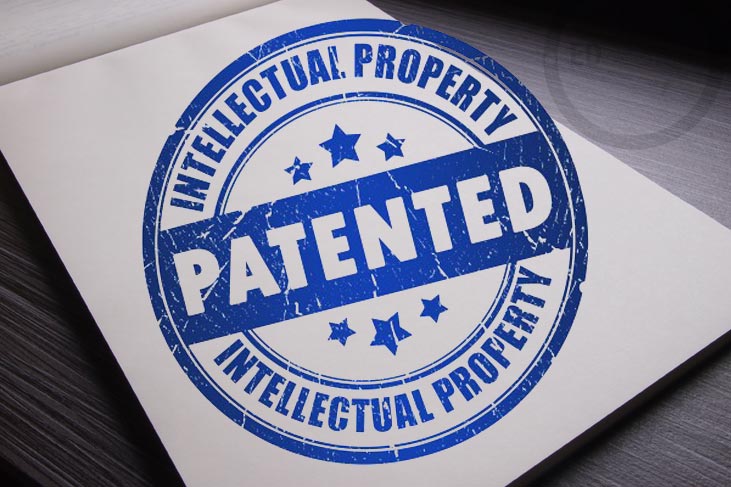Patenting Pedagogy?
Experts attempt to make sense of Khan Academy's patent application for A/B testing in education -- and whether it can even be patented.

A recent patent application by Khan Academy is raising questions about whether teaching methods can be patented, but patent law experts see the move as an influential player fortifying its position in the market. Ultimately, the U.S. Patent and Trademark Office will have the last say.
The online education platform, which primarily focuses on K-12 education and test preparation, in March applied for a patent for “systems and methods for split testing educational videos” -- in other words, the method of showing students two different clips and determining which one is more effective at teaching a certain topic.
News of the patent application, first reported by Slashdot, was met with confusion from ed-tech analysts over the holidays. Why, they asked, would Khan Academy, a nonprofit whose mission is to “provide a free, world‑class education for anyone, anywhere” patent what effectively amounts to A/B testing in education? How would it affect other online education providers? Most importantly, could it even be patented?
Intellectual property and patent law experts, pointing to supporting documents filed with the patent application, said the patent suggests Khan Academy is aware of the growing interest in online and adaptive education. Applying for a patent now, the experts said, could prevent legal issues in the future.
“Generally speaking, dominant players in a marketplace only run off to get patents to solidify their space in the market they’re already in,” said Jacob S. Sherkow, associate professor of law at New York Law School. “By virtue of that, the only reason I could think of why the Khan Academy is pursuing this patent is to stave off competition.”
Khan Academy is stressing that it only intends to use the patent for “defensive purposes,” for example by countersuing Explaining Khan Academy's patent application for A/B testing in education:
